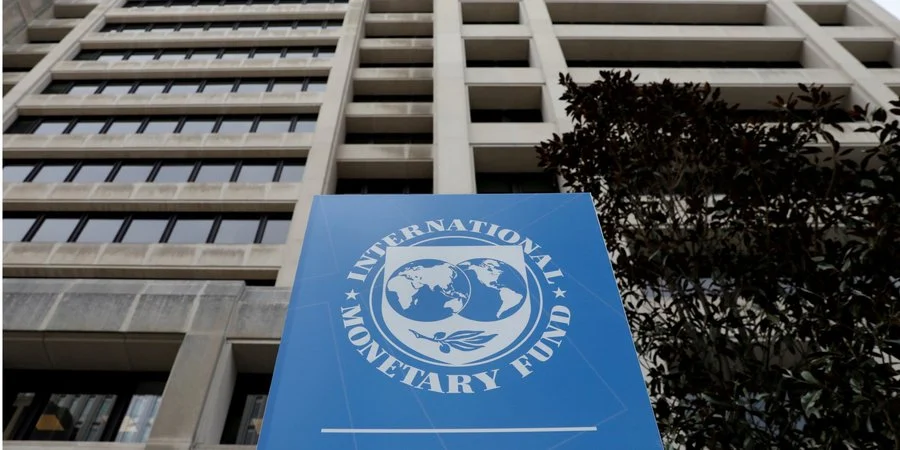Senegal Reassesses IMF Program Strategy Amid Financial Audit Revelations
3 min read

Senegal’s $1.8 billion aid program with the International Monetary Fund (IMF) is currently frozen, prompting the government to reassess its strategy in light of a recent financial audit that uncovered significant discrepancies in reported debt and budget deficits. Finance Minister Cheikh Diba announced that the government aims to restructure the agreement and secure a new arrangement with the IMF by the first quarter of 2025 at the latest.
During the annual IMF meetings in Washington, Diba disclosed the need for a revision of Senegal’s program with the international institution following the audit’s alarming findings. “We are in discussions with the Fund,” he stated, emphasizing that the current program requires updating to reflect the true state of the country’s finances.
The $1.8 billion program, initially secured in 2023, is now “on hold,” with scheduled payments of 338 billion CFA francs postponed until 2025. The minister acknowledged the serious implications of the audit, which revealed a budget deficit exceeding 10% of GDP—almost double the initially reported figure of 5.5%.
Diba emphasized the importance of transparency, noting, “We were aware of the consequences, but when we realized there were fundamental discrepancies between the figures reported to the Fund, we understood we had to correct them.” The audit commissioned by the new president, Bassirou Diomaye Faye, disclosed a debt-to-GDP ratio surpassing 80% at the end of 2023, compared to the previously reported figure of 73%. These findings have since been corroborated by an independent review from the IMF.
The implications of the audit were swift and severe. Moody’s downgraded Senegal’s credit rating further into the speculative category, signaling potential risks for the country’s financial stability. This downgrade was met with a wave of selling in Senegalese Eurobonds, reflecting investors’ growing concerns about the country’s fiscal health.
In light of the new data, Diba assured that funds already disbursed from the IMF would not need to be repaid. “This would have been the case if we had tried to conceal the facts and were caught. In this instance, Senegal conducted an audit and returned to the IMF with the correct figures,” he explained.
Moreover, the government has initiated a review of contracts in the natural resources sector, particularly in anticipation of Senegal becoming a significant player in oil and gas production. Diba stated, “We cannot change the rules of the game mid-play, but the state has the right to verify if the contracts complied with the mining and oil codes in effect at the time.”
This review is particularly pertinent as Senegal prepares for the launch of major energy projects. The $4.8 billion Greater Tortue Ahmeyim (GTA) liquefied natural gas project, spearheaded by BP and Kosmos Energy, is expected to commence operations this year. Simultaneously, the Sangomar oil development, operated by Woodside Energy, has been producing since June.
These developments are crucial for the country’s economic outlook, which is projected to grow by 6% this year and exceed 10% in 2025. The success of these projects could significantly enhance Senegal’s economic landscape, providing much-needed revenue and stability.
As Senegal navigates this challenging financial landscape, the government’s commitment to transparency and accountability will be critical in restoring confidence among investors and international partners. The upcoming negotiations with the IMF will likely play a pivotal role in shaping the country’s fiscal strategy moving forward.
In summary, Senegal’s financial audit has uncovered significant discrepancies that necessitate a reevaluation of its IMF program. With the government aiming for a new agreement by early 2025, the focus will be on correcting past mistakes and ensuring a sustainable economic future, particularly in light of promising energy projects that could drive growth and development.